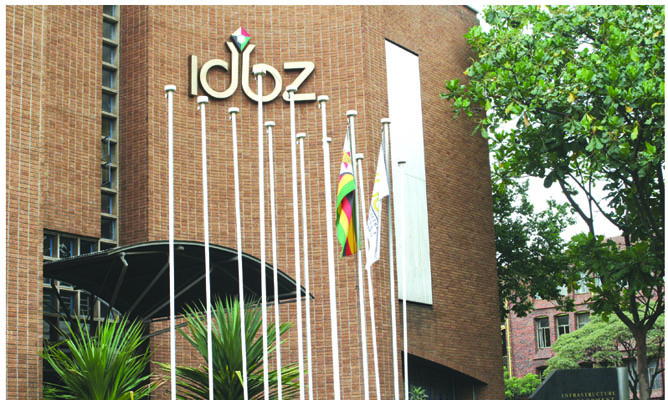
Government and parastatals bonds will be listed on the Zimbabwe Stock Exchange (ZSE) and agencies will be registered to rate bonds listed on the bourse in far-reaching reforms to boost the capital markets.
BY NDAMU SANDU
Finance minister Patrick Chinamasa said the debt market was an ideal platform for the government to source long-term funding for infrastructural projects.

A bond is a debt investment in which an investor loans money to an entity (typically corporate or governmental) which borrows the funds for a defined period of time at a variable or fixed interest rate.
“In order to stimulate the capital markets, I am proposing that all government and parastatals bonds be listed on the ZSE,” he said.
“The government, through the Reserve Bank, will also facilitate the registration of rating agencies in the country to ensure that the listed bonds would have been rated.”
The Infrastructure Development Bank of Zimbabwe (IDBZ) has been issuing out bonds to finance infrastructure projects. Its $30 million maiden bond floated in 2012 to fund the energy sector was fully subscribed.
- Chamisa under fire over US$120K donation
- Mavhunga puts DeMbare into Chibuku quarterfinals
- Pension funds bet on Cabora Bassa oilfields
- Councils defy govt fire tender directive
Keep Reading

Last year, IDBZ floated two bonds with a combined value of $65 million and plans to issue more bonds this year to fund projects in housing, ICT, transport, and water and sanitation sub sectors.
The listing of government and parastatal bonds on the stock exchange is also meant to align the bourse with other capital markets such as South Africa and Nigeria.
In South Africa, government entities issue bonds and list them on the JSE Debt Board to raise funds for large capital projects such as roads, power stations and hospitals. Government entities have been using that route since the inception of the JSE Debt Board in 1994.
Investors lend money to these entities by buying the bonds they issue and list on the JSE Debt Board.
“Listing the bond on the JSE Debt Board improves the entities’ ability to raise finance because it allows investors to sell the loan to other investors should they wish to. Investors buy government bonds in order to earn for regular interest payments and receive the money they have lent back after a predetermined period,” the JSE Debt Board said.
It is estimated that more than R1 trillion is listed on the JSE’s Debt Board, accounting for 90% of all liquidity reported to the JSE. In Nigeria, government or State bonds listed on the Nigerian Stock Exchange (NSE) include Federal Government Bonds and State/Local Government Bonds.
Statistics from NSE showed that as at June there were 15 Federal Government of Nigeria bonds listed on the stock exchange with a market capitalisation of $24,27 billion. There were 22 listed State and municipal bonds with a market capitalisation of $2,76 billion.











